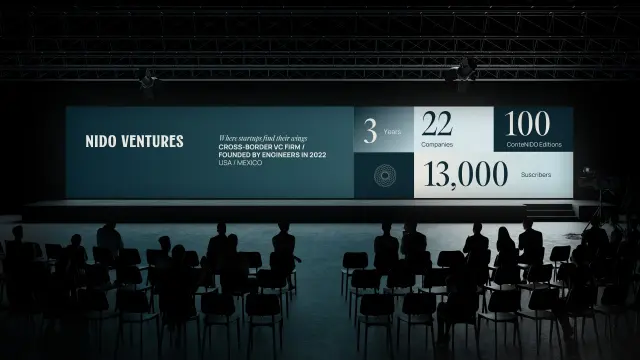AI-powered code generation tools are transforming how developers write software, accelerating productivity and reshaping the development workflow in 2025.
The software development landscape is undergoing a profound shift in 2025, as AI-powered code generation tools become deeply embedded into the daily routines of developers. With the rise of large language models (LLMs), tools like GitHub Copilot, Amazon CodeWhisperer, and Tabnine are redefining what it means to write code—moving from manual scripting to intelligent assistance and auto-completion.
From Assistance to Co-Development
In earlier stages, AI tools acted as simple autocomplete extensions. Now, in 2025, they’ve evolved into full-fledged co-developers capable of:
-
Generating entire functions and modules based on natural language prompts
-
Writing test cases and documentation
-
Refactoring legacy code
-
Detecting bugs and suggesting fixes in real time
Developers are no longer just coders; they are curators of AI-generated content—validating, fine-tuning, and integrating it into production systems.
Rise of Prompt Engineering
With AI becoming an integral coding partner, developers are learning the art of prompt engineering. Writing clear and contextual prompts allows the model to return better results. IDEs now include prompt history, context-aware suggestions, and real-time feedback on prompt quality.
This shift is leading to a new role in many teams: the
AI Developer Advocate—responsible for optimizing how teams interact with AI tools.
Enterprise Adoption
Enterprise software companies have embraced AI-assisted development at scale. Custom AI models trained on internal codebases help:
-
Maintain consistency across projects
-
Improve developer onboarding
-
Reduce repetitive boilerplate tasks
-
Speed up bug resolution and feature delivery
Companies are even integrating AI into CI/CD pipelines, allowing code reviews and performance analysis to be partially automated.
Productivity Gains and Developer Experience
Studies in 2025 show that AI tools can reduce development time by up to 40% for certain types of tasks. Developers report improved focus and fewer interruptions due to the AI taking care of routine coding work.
However, companies emphasize the importance of
human oversight. AI suggestions still require validation to ensure security, maintainability, and business logic accuracy.
Concerns Around IP and Ethics
Despite the benefits, AI-generated code raises legal and ethical concerns. Key debates in 2025 include:
-
Intellectual property rights: Who owns AI-generated code?
-
Training data transparency: Were the models trained on open-source code with the correct licenses?
-
Bias and security risks: AI can reproduce insecure or biased code patterns if not carefully audited.
Many organizations are now enforcing strict compliance checks and AI usage policies to mitigate these risks.
Integration Into Developer Tools
AI code assistants are now integrated natively into popular IDEs like:
-
Visual Studio Code
-
JetBrains IntelliJ
-
Eclipse Theia
-
AWS Cloud9
Tool vendors are offering advanced features like:
-
Real-time collaboration with AI
-
Project-specific fine-tuning
-
Voice-driven code generation
-
Explainability layers that help developers understand suggested code
Educational Shifts and the Future of Learning Code
Coding education is evolving. Bootcamps and universities now teach students how to work
with AI rather than just learning syntax. AI tutors help students understand errors and guide them through solving problems step-by-step.
Instead of replacing developers, AI is transforming them into high-level problem solvers who can delegate low-level tasks to intelligent assistants.






























